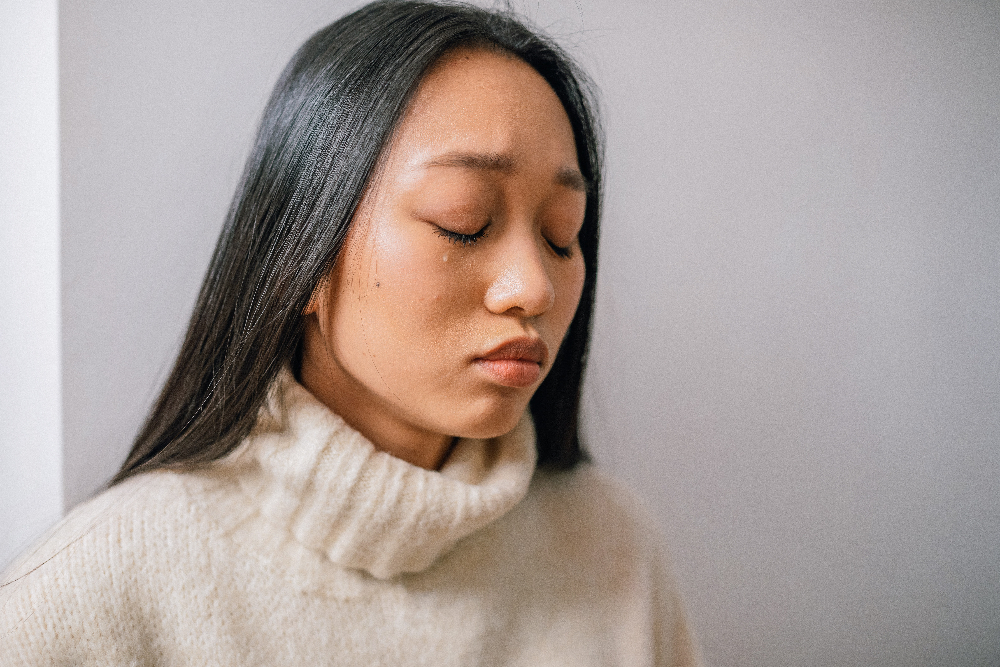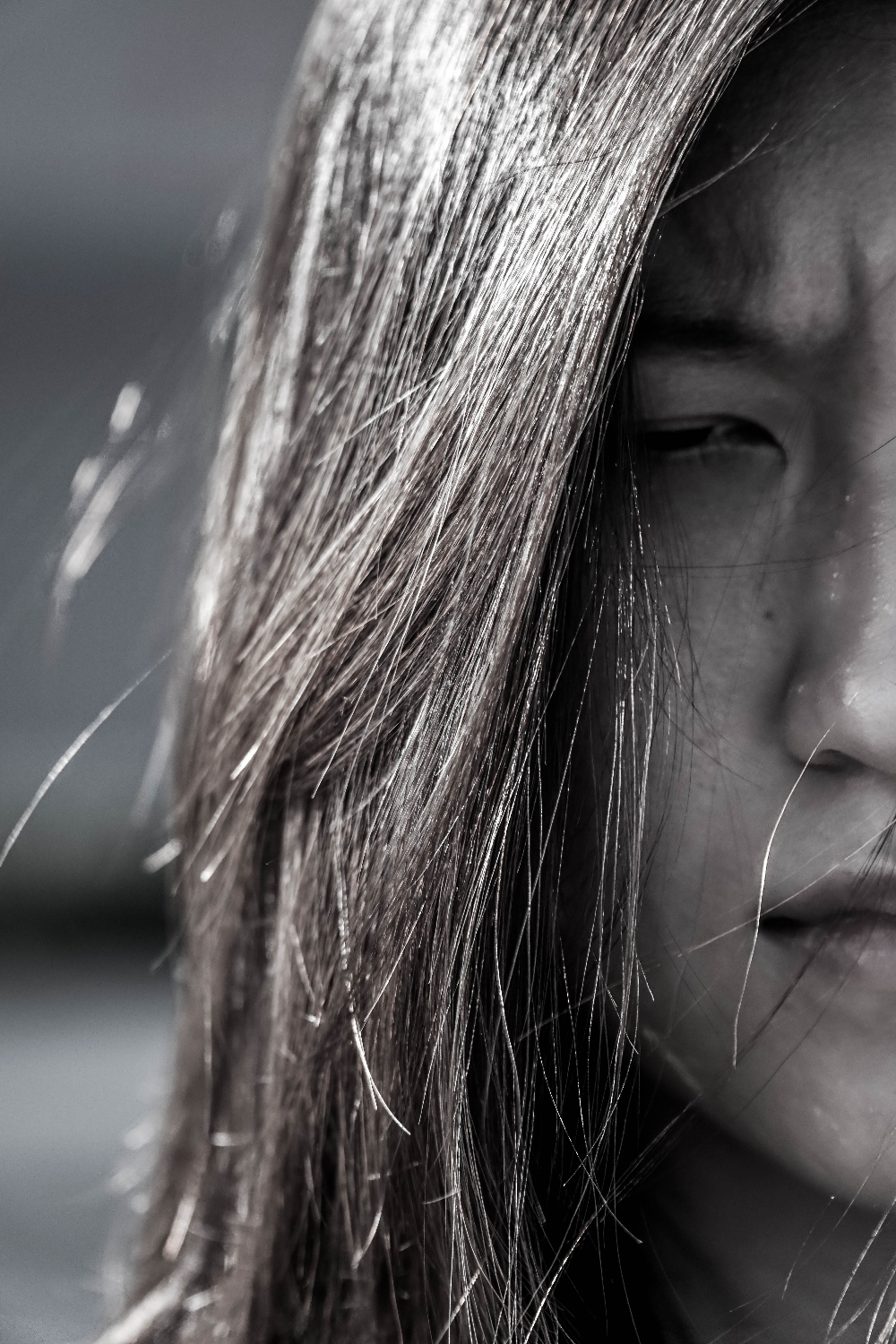Many Asian Americans refuse to seek mental health care despite their struggles.
The barriers to mental health are well known in America, including cost, time, and access to trained and licensed mental health professionals. However, the disparity in mental health access and care also shows racial tensions, and inequitable access for people of color. Studies show that out of all minority groups, Asian Americans are the least likely to receive prompt or adequate mental health care. So, despite the COVID area de-stigmatization of care, Asian Americans are still underrepresented. In fact, research from the National Latino and Asian American Study shows that only 8.6% of Asian Americans sought mental health care in the last year. This is also the case even though Asian American hate crimes are on the rise.
Research on the Asian American population performed by a team at the University of Maryland found mental illness was ignored, symptoms were denied, or that mental health treatment was seen as taboo by the loved ones of Asian Americans. Others stated that culturally or socially, they wanted to maintain an image of success, the “model minority” principle.

McLean psychiatrist Dr. Liu said, “There’s a real sense that your value as a person depends on your ability to take care of your family and community. This way of thinking originated, for East Asians, from an ancient philosophical tradition called Confucianism. Mental illness is seen—and I should emphasize, incorrectly—as taking away a person’s ability to care for others. For that reason, it’s seen as taking away someone’s identity or purpose. It’s the ultimate form of shame.”
Some participants in the Maryland study even stated that the fact the counseling field is dominated by white, or majority group therapists, also leads to a downplaying of their struggles as a cultural issue rather than a mental health epidemic. They feel many counselors are unable to address their cultural concerns.
When analyzing the mental health field, much of the continuation of stigma simply boils down to the fact that cultural competency is necessary in the counseling profession. While modern counseling training programs have developed rigorous multicultural studies, former programs may have missed some of these. For example, many younger adults and millennials, especially of other cultures, feel that only by seeing a younger therapist will their cultural views be fully recognized.
America itself is a society built on individualism, and without proper knowledge of collectivism, therapists can indirectly (or directly) influence those of collective cultures to instead adopt a sense of individualism in their health. However, leaning to the extremes can be dangerous for the individual, with many mental health professionals stating that, instead, patients need to fall somewhere in-between both of these ideals.
Some reports have indicated that hate crimes doubled or even tripled within the last two years. These aggressions can cause victims to isolate, fearing that their mental health professional may not understand the effects. In the same sense, many organizations and advocacy groups, like FAUNA Mental Health, are encouraging more research and an open discussion surrounding Asian American mental health access.
Sources:
Mental Health Among Asian-Americans
Model Minority at Risk: Expressed Needs of Mental Health by Asian American Young Adults
Why Asian Americans Don’t Seek Help for Mental Illness
A look at the mental health stigmas faced by Asian Americans


Join the conversation!